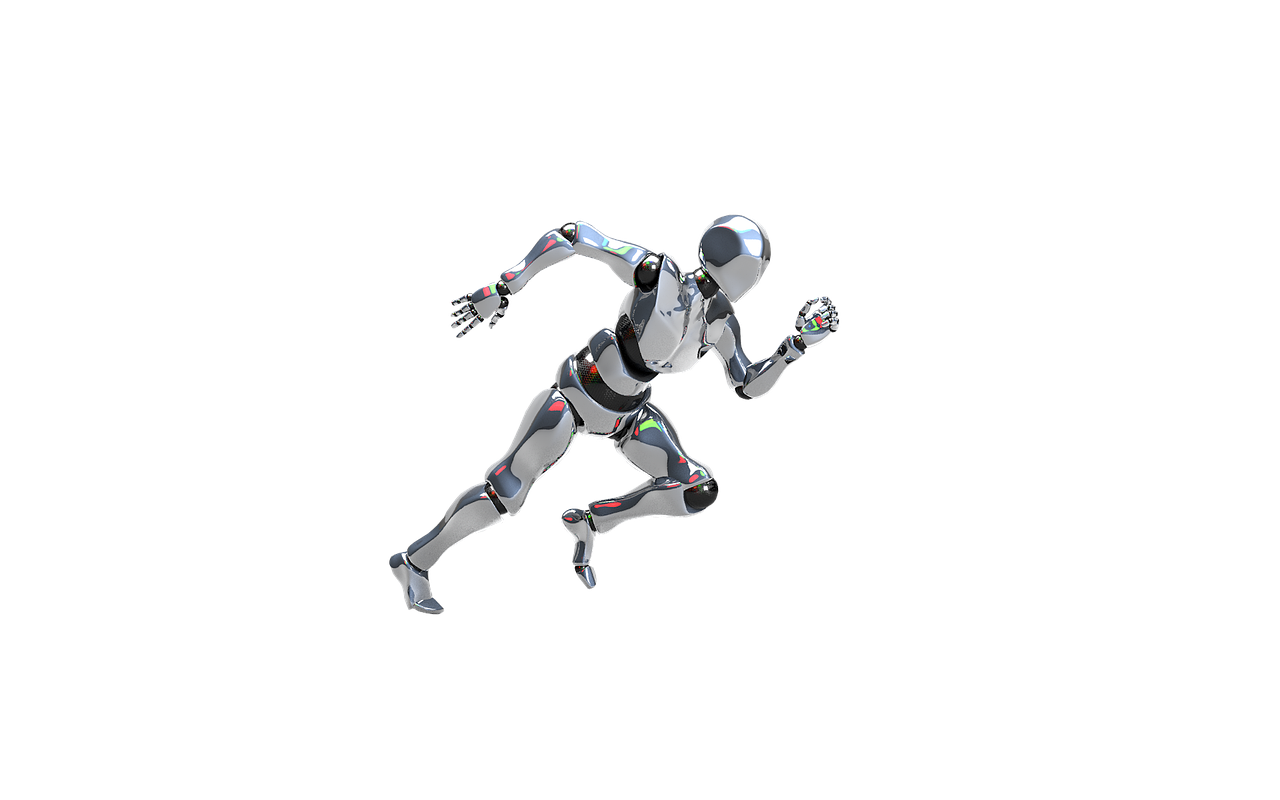Impact of AI on Entry-Level White-Collar Jobs: Risks, Opportunities, and Industry Responses

Brief news summary
Many companies are rapidly adopting artificial intelligence (AI) to replace human labor, especially in entry-level white-collar jobs like finance, law, and consulting. Dario Amodei, CEO of Anthropic, predicts AI could eliminate up to 50% of these roles within five years by efficiently handling repetitive, data-heavy tasks. While this shift boosts efficiency and cost savings, it risks major workforce disruption and difficulties in retraining displaced workers. Unlike past technological advances that created new jobs, AI’s fast adoption may outstrip the labor market’s ability to adapt, highlighting the urgent need for extensive reskilling programs. Early adopters such as Klarna and IBM have encountered AI reliability issues and customer dissatisfaction, showing the complexity of fully replacing human roles. Policymakers stress the importance of reskilling initiatives to ease workforce transitions. Successfully integrating AI requires balancing technology reliability, economic adaptability, customer needs, and supportive policies to foster a human-AI collaboration and reduce negative social effects.Many companies are rapidly moving to replace human workers with artificial intelligence (AI), betting on swift technological progress to justify early layoffs. This approach, however, poses considerable risks and could disrupt entry-level white-collar jobs in sectors such as finance, law, and consulting. Fueled by fast AI development, many businesses aim to boost efficiency and cut labor costs by aggressively implementing AI solutions. Yet, industry leaders and economists warn that the effects of this transition may be more complex than expected. Dario Amodei, CEO of AI research firm Anthropic, predicts that up to 50% of entry-level white-collar roles could disappear within five years due to AI automation. These positions, often held by recent graduates or junior staff in fields like finance, law firms, consulting, and other professional services, involve repetitive, structured tasks that sophisticated AI systems can now handle efficiently. These AI systems can process large data volumes, draft reports, and perform preliminary legal analysis with speed and precision. Amodei’s forecast has sparked debate among economists and labor experts. Some argue that historically, technological advances displaced some jobs but also created new industries and roles, ultimately raising overall employment. From this viewpoint, while AI may replace routine tasks, it might also enhance human capabilities and generate unforeseen job opportunities, suggesting concerns about mass AI-driven unemployment could be exaggerated as economies adapt. Conversely, others caution that the unprecedented scale and rapid adoption of AI might outstrip the labor market’s ability to adjust, posing significant challenges for entry-level workers who may struggle to find new roles without sufficient retraining or education focused on digital and AI skills. Some companies that initially embraced aggressive AI integration have started revising their strategies.
For example, Klarna, a Swedish payment provider, and IBM, a veteran technology company, encountered issues as certain AI systems proved unreliable in real-world settings, affecting customer experience. Moreover, clients’ preference for human interaction in certain contexts remains a key consideration shaping these firms' decisions. Klarna’s push to deploy AI-based customer service bots faced criticism due to their limited understanding and inability to manage complex or nuanced inquiries well. Similarly, IBM adjusted its AI efforts to preserve trust and quality, highlighting that fully replacing human workers with AI is not only a technical challenge but also a commercial and social concern. This ongoing discussion highlights the complexities of integrating AI into the workforce. While automation offers efficiency gains and cost reduction, companies must navigate reliability issues, regulatory scrutiny, and impacts on employee morale and public perception. Policymakers, labor groups, and educational institutions are increasingly involved in developing frameworks to support workforce transitions. Reskilling and upskilling initiatives, particularly for entry-level white-collar workers vulnerable to automation, are growing in importance. These efforts aim to reduce negative effects while maximizing AI's benefits for productivity and innovation. In summary, the rush to replace human labor with AI signals a major shift in employment. Although eliminating up to half of entry-level white-collar jobs within five years is alarming, the final outcome depends on factors like technological reliability, customer acceptance, economic adaptation, and proactive policies. Companies must balance leveraging AI’s potential with avoiding harmful social impacts, fostering a sustainable future where human and machine collaboration thrives.
Watch video about
Impact of AI on Entry-Level White-Collar Jobs: Risks, Opportunities, and Industry Responses
Try our premium solution and start getting clients — at no cost to you

I'm your Content Creator.
Let’s make a post or video and publish it on any social media — ready?
Hot news

15 Ways Sales Has Changed This Year in the Age of…
Over the last 18 months, Team SaaStr has immersed itself in AI and sales, with a major acceleration starting June 2025.

OpenAI's GPT-5: What We Know So Far
OpenAI is gearing up to launch GPT-5, the next major advancement in its series of large language models, with the release expected in early 2026.

AI in SEO: Transforming Content Creation and Opti…
Artificial intelligence (AI) is swiftly reshaping the field of content creation and optimization within search engine optimization (SEO).

AI Video Conferencing Solutions Improve Remote Wo…
The shift to remote work has highlighted the crucial need for effective communication tools, leading to the rise of AI-powered video conferencing solutions that enable seamless collaboration across distances.

AI In Medicine Market Size, Share, Growth | CAGR …
Overview The Global AI in Medicine Market is forecasted to reach approximately USD 156

Google's Danny Sullivan & John Mueller On SEO For…
John Mueller from Google hosted Danny Sullivan, also from Google, on the Search Off the Record podcast to discuss "Thoughts on SEO & SEO for AI

Lexus takes generative AI for a spin in new holid…
Dive Brief: Lexus has launched a holiday marketing campaign created using generative artificial intelligence, according to a press release
AI Company
Launch your AI-powered team to automate Marketing, Sales & Growth

and get clients on autopilot — from social media and search engines. No ads needed
Begin getting your first leads today








